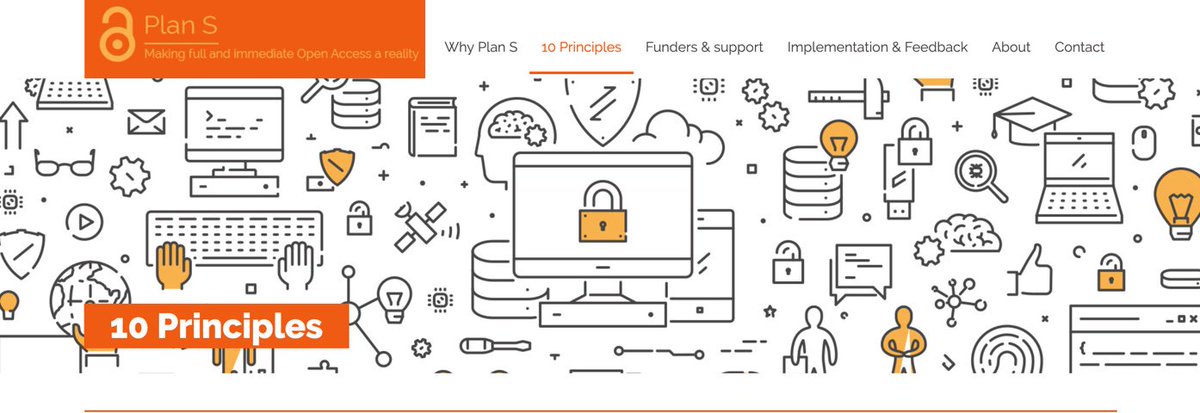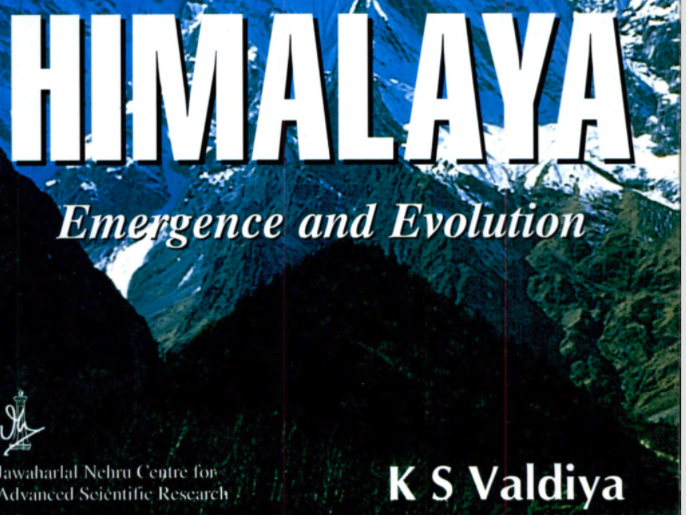1/2 India joining cOAltion S: Journal subscriptions, publishing charges block access to publicly funded knowledge. Access, dissemination, use of knowledge should be free; allowing all to build on research funded by the Indian government, other publicly funded research. 

2/2 India joining cOAltion S, will optimise it to to our benefit. Access of published research to all. Authors to be liberated from finding publishing charges. See coalition-s.org/10-principles/ for FAQ and please give views. #Plan_S 

The 10 Principles of Plan-S coalition-s.org/10-principles/ also given below 

I. Authors retain copyright of their publication with no restrictions.All publications must be published under an open license, preferably the Creative Commons Attribution Licence. In all cases, the license applied should fulfill the requirements defined by the Berlin Declaration 

II.The Funders will ensure jointly the establishment of robust criteria and requirements for the services that compliant high-quality Open Access journals and Open Access platforms must provide; 

III. In case such high-quality Open Access journals or platforms do not yet exist, the Funders will, in a coordinated way, provide incentives to establish and support them when appropriate; support will also be provided for Open Access infrastructures where needed 

IV. Where applicable, Open Access publication fees are covered by the Funders or universities, not by individual researchers; it is acknowledged that all scientists should be able to publish their work Open Access even if their institutions have limited means; 

V. When Open Access publication fees are applied, their funding is standardised and capped (across Europe); India will negotiate for fees normalised to India 

VI. The Funders will ask universities, research organisations, and libraries to align their policies and strategies, notably to ensure transparency. 

VII. The above principles shall apply to all types of scholarly publications, but it is understood that the timeline to achieve Open Access for monographs and books may be longer than 1 January 2020; 

VIII. The importance of open archives and repositories for hosting research outputs is acknowledged because of their long-term archiving function and their potential for editorial innovation; 

IX. The ‘hybrid’ model of publishing is not compliant with the above principles; The ‘hybrid’ model of publishing is not compliant with the above principles; 

• • •
Missing some Tweet in this thread? You can try to
force a refresh














